The Film Experience Team takes a look at the episode submissions for all the major Emmy categories.
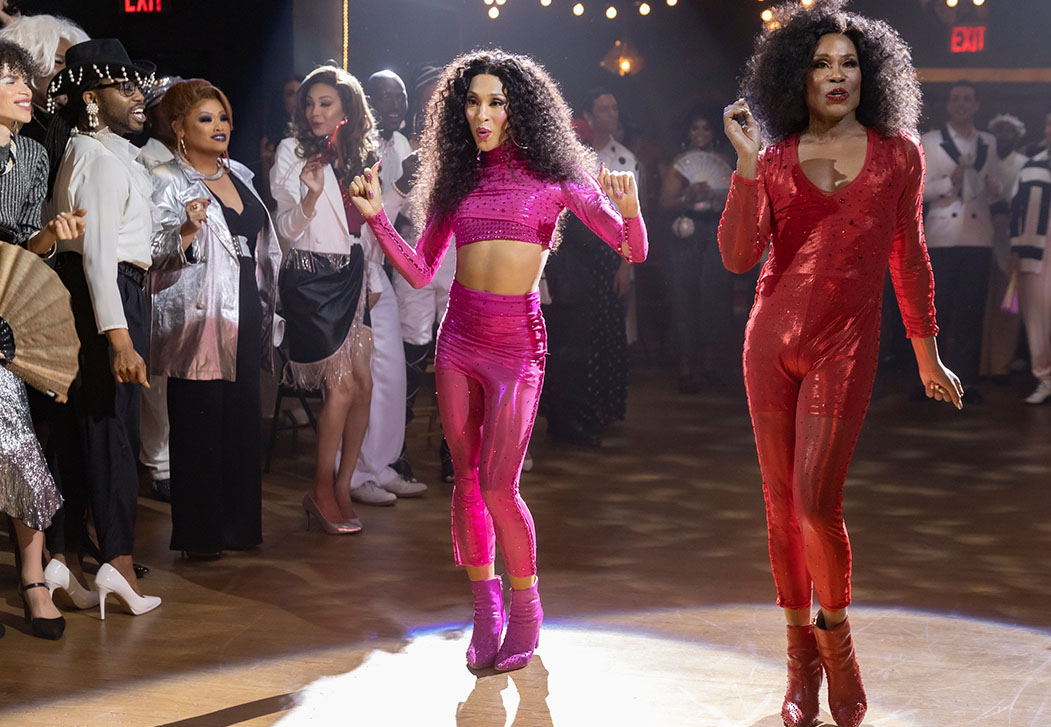 Will "Pose" win for its season finale, like "Friday Night Lights" and "The Americans" did?
Will "Pose" win for its season finale, like "Friday Night Lights" and "The Americans" did?
Writers go on their own path at the Emmy Awards. Over the past ten years, writing has only matched up with Drama Series six out of ten times. There is plenty of room for this category to surprise and not line up with a clean sweep. With seven nominees, there is even more room for a shakeup. Our nomination leaders (The Crown, The Mandalorian, The Handmaid’s Tale) are all present, with The Mandalorian being the only show with two episodes. Meanwhile, Pose contends for its super-sized two hour series finale.
So who is ahead in this category and who could surprise? Let’s take a look at the nominees...
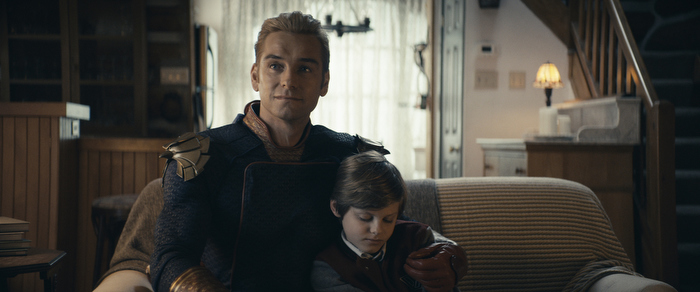
“What I Know” (Season 2, Episode 8) from The Boys, written by Rebecca Sonnenshine
Description (from ballot): Season two finale. Becca shows up on Butcher’s doorstep and begs for his help to get Ryan back. The Boys agree to back Butcher, and together with Starlight, they finally face off against Homelander and Stormfront. But things go very bad, very fast.
The Boys succeeds best when it examines how the presence of superheroes can heighten the problems of fear and misinformation in our current age. The season two finale starts with a PSA for how schoolchildren can save themselves from super villains, which includes arming teachers. The world depicted is putting trust and security in the hands of superheroes who don’t deserve to wield this power, with Homelander (Anthony Starr) and Stormfront (Aya Cash) benefitting from it. “People like what I say, they believe in what I say, they just don’t like the word Nazi,” says Stormfront. There’s sharp moments of insight throughout the episode, though it’s insistence of fighting violence with violence seems diametrically opposed to its central thesis. We see many different groups vying for power - drug companies distributing drugs that give people powers, a religious cult rehabilitating superheroes, politicians against the supers - setting the stage for more conflict in season three. Still, for its messiness, The Boys is an entertaining and thoughtful antidote to the more cookie-cutter superhero fodder we see in the MCU/DC worlds.
This is the first nomination in this category for both Sonnenshine and The Boys. The Drama Series nomination for the Prime Video superhero series was a surprise. Still, the passion for its nomination will not likely translate to enough votes for a win, especially among more popular prestige fare in the category. The vulgarity and the violence might have turned people off from the show. Yet, a majority of the nominees are from genre fare, so maybe The Boys might appeal more to Emmy voters than one initially expected.
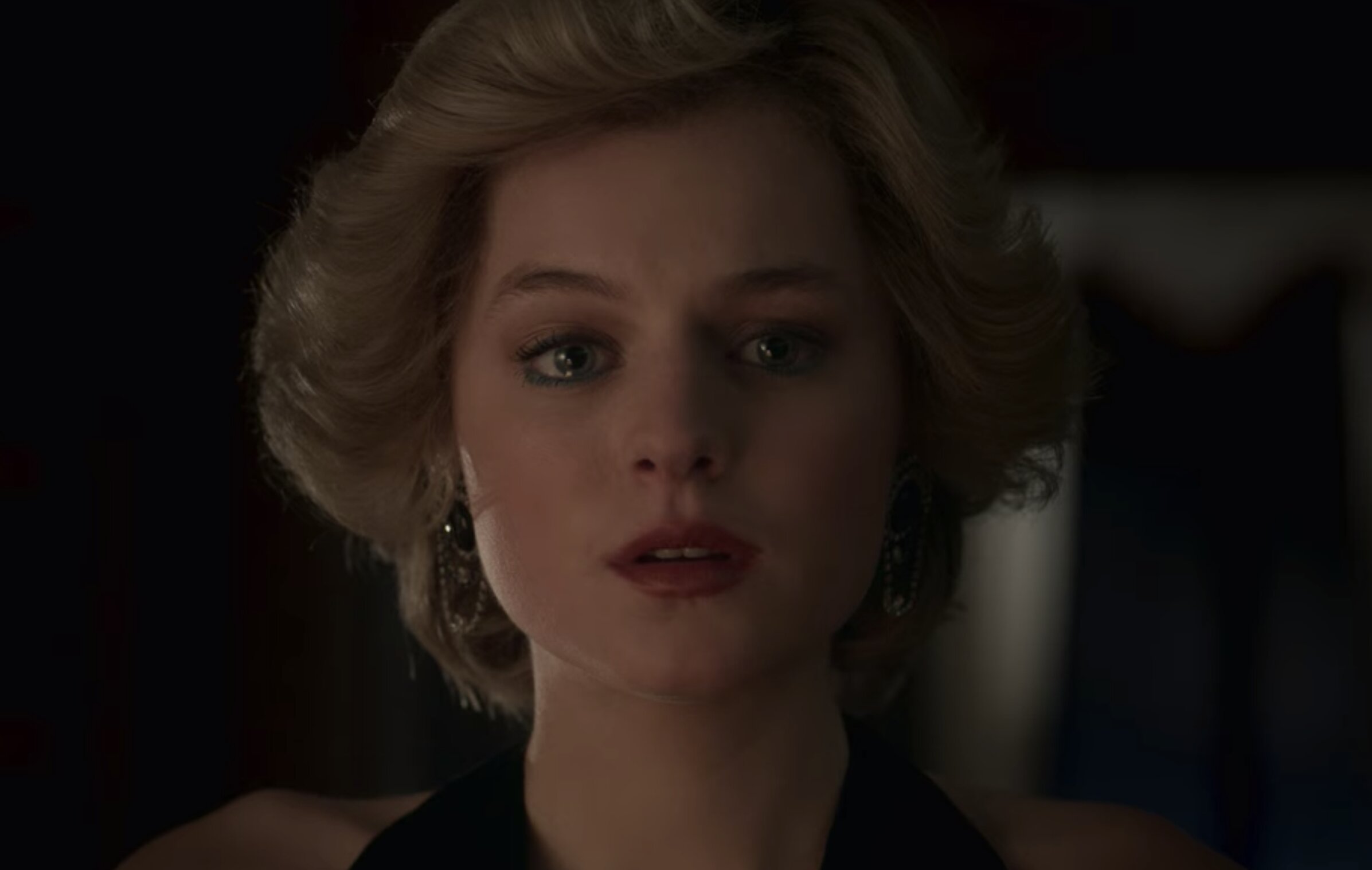
“War” (Season 4, Episode 10) from The Crown, written by Peter Morgan
Description (from ballot): Amid a growing challenge to her power, Thatcher fights for her position. Charles grows more determined to separate from Diana as their marriage unravels.
It's the end of an era in the season finale of The Crown. That is literally true for Margaret Thatcher (Gillian Anderson), who is forced to resign from her role as Prime Minister after losing a deciding vote within her own party. Anderson does a great job of sketching the ways Thatcher was capable, yet horrifying. The final episode tries to wring more drama out of the relationship between her and Queen Elizabeth (Olivia Colman), with Thatcher even threatening to dissolve Parliament. Yet, all is resolved with the Queen eventually bestowing the Order of Merit on Thatcher. The show walked a great tightrope with its depiction of a figure as polarizing as Margaret Thatcher, but this grace note may have been tidy of a note to end such a thorny relationship on.
Diana's (Emma Corwin) relationship with the Royals is far from over. Luckily, her relationship with the people only grows stronger as she distances herself from the Royal Family. A trip to New York presents Diana with the opportunity to visit a pediatric AIDS ward, earning good PR from the press but stoking feelings of animosity within Charles (Josh O'Connor). His harsh confrontation with Diana is devastatingly written, but the show wisely frames this section around her silent triumph. Following the fight, she stops herself from puking, a positive moment in her fight with bulimia. The writing really crackles when Charles goes to his Mother, the Queen, seeking advice on the surface, but actually wanting her to take care of his mess. Coddled all his life, Queen Elizabeth finally commands Charles to do his duty to the Crown and stay with Diana. The final shot doesn't linger on Elizabeth, but on Diana this time (see above photo). She may be the only one at the Royal Christmas Party unable to mask her sadness, but all are feeling the same thing. Putting duty over love will ruin them all. It's a great narrative decision that pays off perfectly.
Heading into this Emmy season, The Crown is the clear front runner. The fourth season dramatized the arrivals of Princess Diana and Margaret Thatcher and how they changed the British monarchy and their perceptions of power. Is it vulnerable here? Yes. It’s hard for a show to pull off a clean sweep and writing feels like the place where it is most likely to miss. It has won acting and directing before, but never writing. If it wins here, it will decimate everything in its way to Drama Series. Still, this category is where I would look for an underdog to surprise.
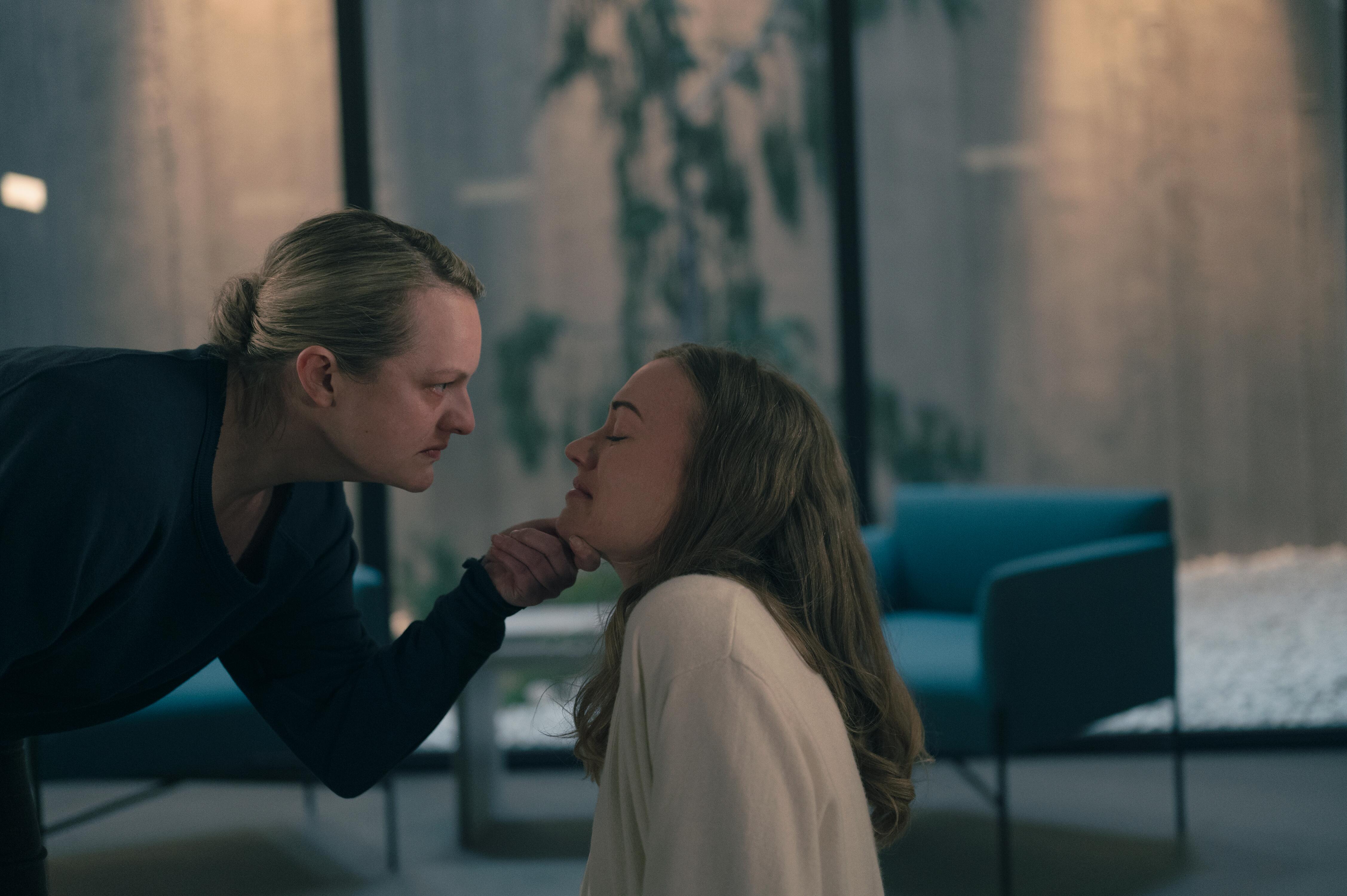
“Home” (Season 4, Episode 7) from The Handmaid’s Tale, written by Yahlin Chang
Description (from ballot): June is finally free and out of Gilead. She contends with joy, pain and rage as she acclimates herself to her newfound freedom, reuniting with loved ones and confronting her nemesis, Serena.
I must confess, I was dreading returning to The Handmaid’s Tale. After a stellar first season, the preceding seasons felt like they had no narrative direction and just turned to shock and torture to hit the same downbeat note without any modulation. Thus, I was shocked by the level of grace and nuance in “Home,” the writing nominee from this fourth season.
June (Elisabeth Moss) has made it to Canada and is having trouble adjusting to this new normal with her husband, Luke (O-T Fagbenle), friends, Moira (Samira Wiley) and Emily (Alexis Bledel) and child, Nicole. She feels guilty that she left her oldest child in Gilead. Yet, she also feels like she left a part of herself there. It’s weird to be safe and no longer in the fight. The episode hits on many of the PTSD feelings we’ve seen in war movies like The Deer Hunter or The Best Years of Our Lives. Coming home is no easy feat. June finds an outlet for her rage when she confronts her nemesis Serena (Yvonne Strahovski) in a scene filled with brutal put downs. For a show that has been eternally stuck in an endless second act, “Home” feels like the progression we have been long waiting for.
Despite waning interest over the past season, The Handmaid’s Tale rebounded with a hefty 21 nomination haul. A large number of them came in the high profile acting categories. This suggests that the previous Drama Series winner still has avid watchers among the TV Academy. It stands to reason that it will take home at least one award in the major telecast. Could writing be it, especially with such a stellar submission?
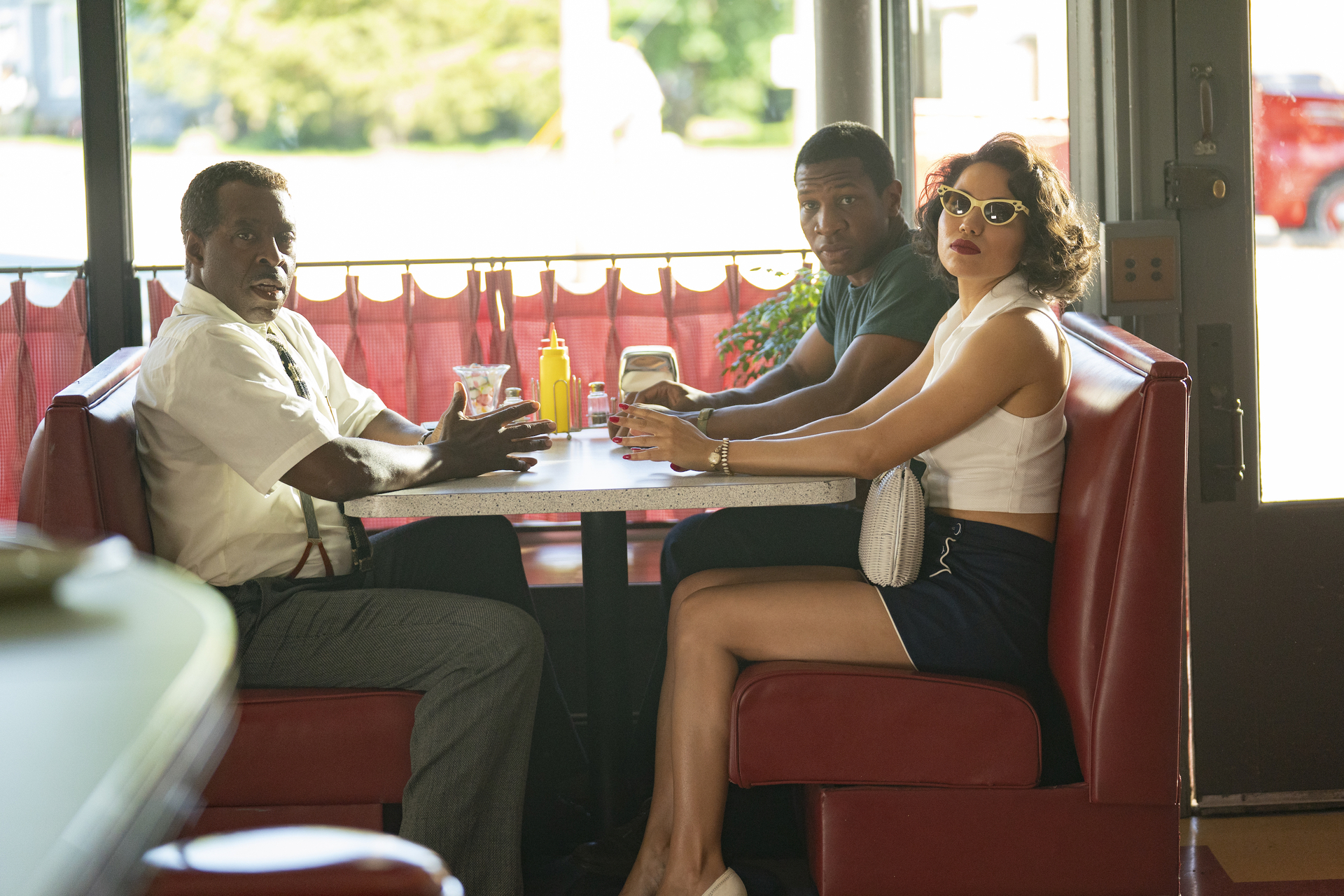
“Sundown” (Season 1, Episode 1) from Lovecraft Country, written by Misha Green
Description (from ballot): Veteran and pulp-fiction aficionado Atticus Freeman travels from the Jim Crow South to his South Side Chicago hometown in search of his missing father, Montrose. His childhood friend Letitia and his Uncle George join him in the search, encountering the terrors of both man and monster along the way.
The opening moments of Lovecraft Country involve aliens decimating humans and Jackie Robinson splitting open otherworldly creatures. Right away, one can sense that this will not be your average show. As Atticus (Jonathan Majors), Letitia (Jurnee Smollett) and Uncle George (Courtney B. Vance) journey to find Atticus’ Father (Michael K. Williams), we’re thrust back into the South in the midst of the 50s. The writing blends the hyper-stylized nature of the books Atticus reads with the horrors of the real world in innovative fashions. Set pieces like a dash from a racist diner or leaving a race to get out of a Sundown town crackle with intensity thanks to the sharp writing. When the fantasy and the real world come together in a violent battle at the end, it never feels jarring. It’s a high wire act that is not easy to pull off (and that the show doesn’t always succeed at as it goes on). Thankfully, this pilot sticks the landing and is the highlight of an ambitious, well-done show.
Lovecraft Country feels a bit like the bridesmaid of the Drama nominees. It showed up everywhere it needed to, but doesn’t feel like as much of a threat as the nomination juggernauts. Voters clearly watched the show and liked it, so it shouldn’t be counted out. Pilot episodes also have an advantage, because they are meant to draw in and introduce audiences to the world/characters. Lovecraft Country puts its best foot forward early, and one could see more voters catching up on the series based on the pilot. Unfortunately, it may just fly under the radar compared to the competition.
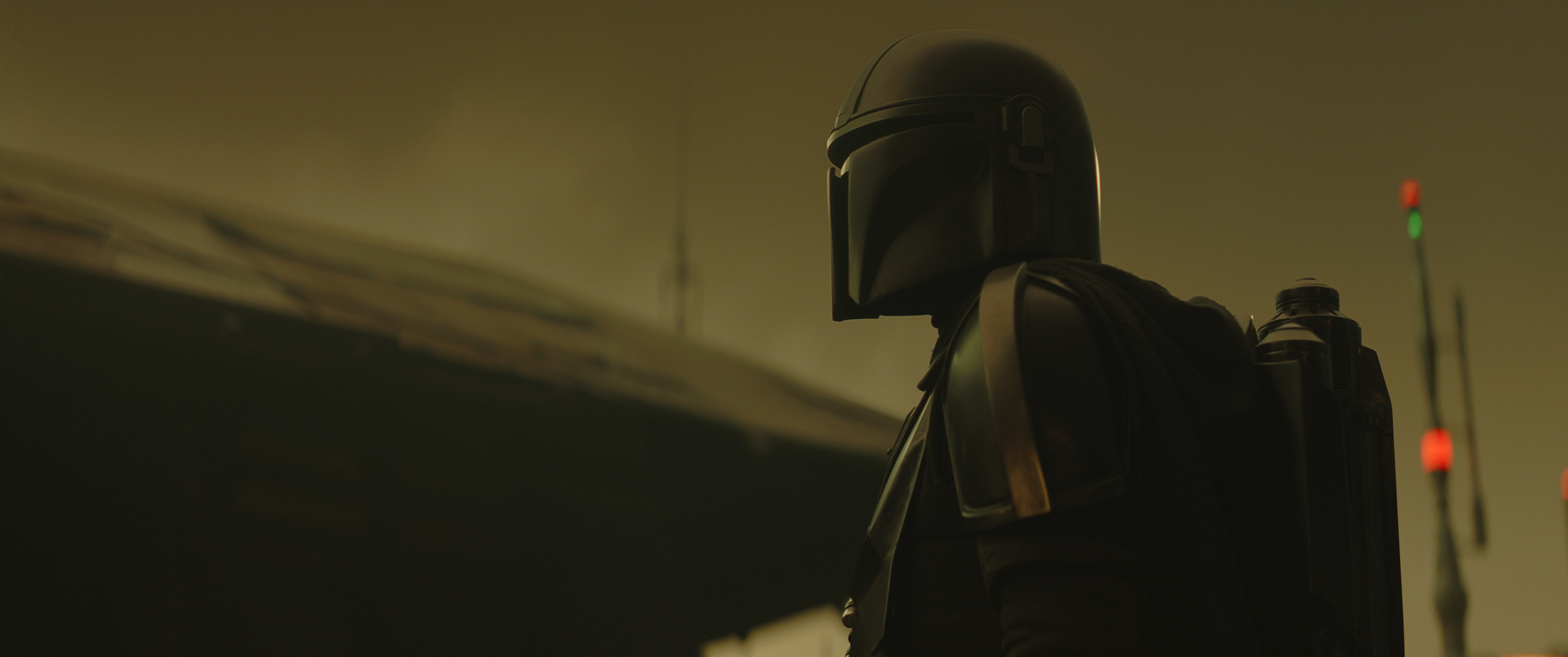
“Chapter 13: The Jedi” (Season 2, Episode 5) from The Mandalorian, written by Dave Filoni
Description (from ballot): The Mandalorian journeys to a world ruled by a cruel magistrate who has made a powerful enemy.
There’s something relaxing about the old school, episodic structure of an episode of The Mandalorian. Everything is structured the same: The Mandalorian (Pedro Pascal) and Grogu (aka Baby Yoda) reach a new guest star and complete a mission to get one step closer to their goal. “The Jedi” ups the ante in interesting ways, pairing the Mandalorian with his supposed sworn enemy, a Jedi, Ahsoka Tano (Rosario Dawson). Within the typical structure, Filoni finds interesting story flourishes. For example, Ahsoka refuses to train Grogu based on their attachment to the Mandalorian. She feels that Grogu’s strong emotions will make it a risk that he could get carried away wielding the power of the force.
The Mandalorian is the only show with two Drama Writing nominations this year. While this is a sign of support, it also opens up an opportunity for vote splitting. Having gone up from 15 nominations last year to a record 24 this year, the Television Academy clearly loves The Mandelorian. If there’s any sign of fatigue for The Crown, it would be if an episode for The Mandalorian takes writing or directing. Directing seems potentially more likely - it has a more flashy, retro visual aesthetic as opposed to a writing style that relies on formula. Still, don’t count out The Mandalorian.
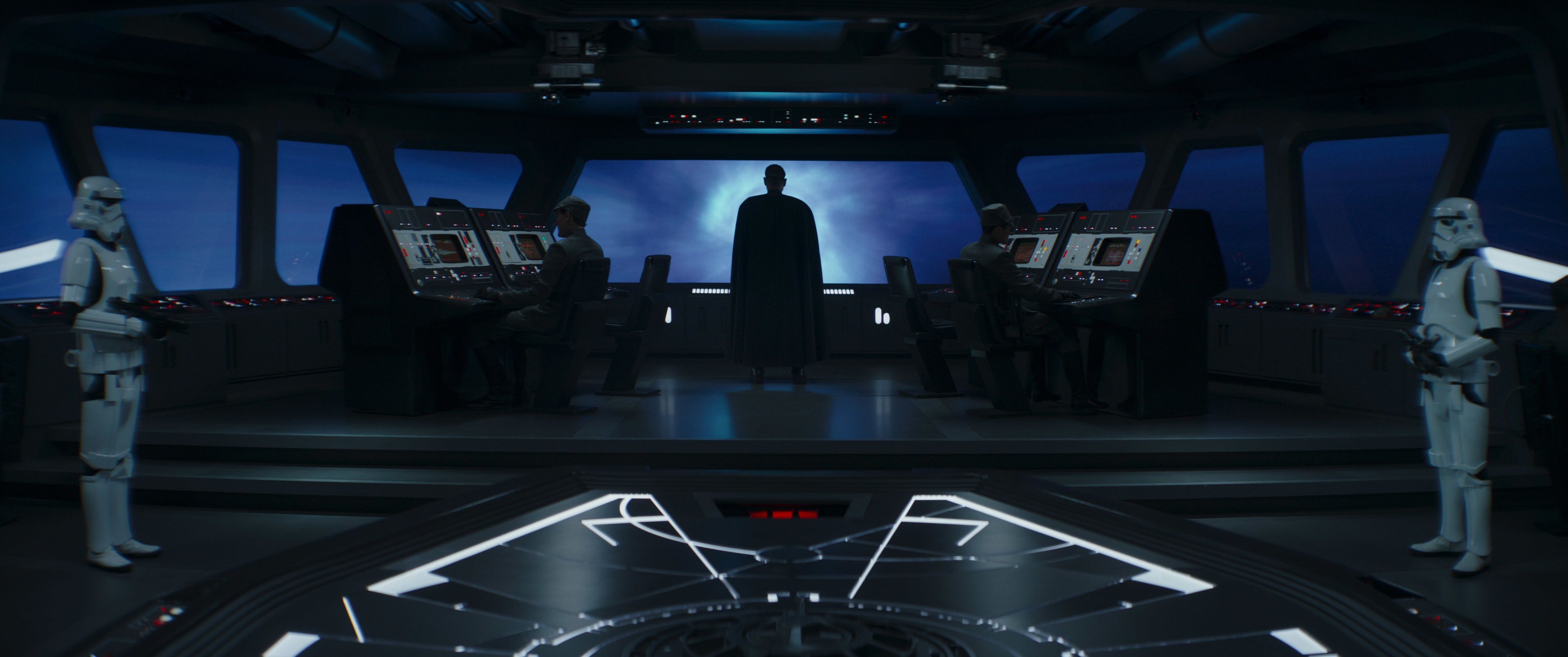
“Chapter 16: The Rescue” (Season 2, Episode 8) from The Mandalorian, written by Jon Favreau
Description (from ballot): The Mandalorian and his allies attempt a daring rescue.
The season two finale of The Mandalorian is jam packed with terrific action sequences, complex rescue plans and many grand revelations to make fanboys gasp. It feels like an appropriate conclusion and sticks the landing with a satisfying ending, but seems like an odd fit for the writing category. This episode likely received the nomination thanks to the final moments where a deaged Luke Skywalker comes to claim Grogo from the Mandalorian. Fans of the Star Wars universe will likely love how the episode ties the series to the beloved classic triology. Yet, for those less interested in the mythology and just looking to be entertained, the overreliance on the franchise lore will leave them bored and wanting more. Admittedly, I fall in the latter category, but likely others in the TV Academy do as well. "The Jedi" does a better job of showcasing strong structural writing while also moving the overarching franchise story along.
The finale is written by Jon Favreau and it is possible the voters may default to the more famous name on the ballot. Yet, chapter 13 stands out as a more impressive feat of writing. If anything, chapter 16 feels more like a vote siphoner than a real threat for the win. One thing is for sure, voters love The Mandelorian and we should be on the lookout for it to be a major threat, just maybe less so here in Writing.
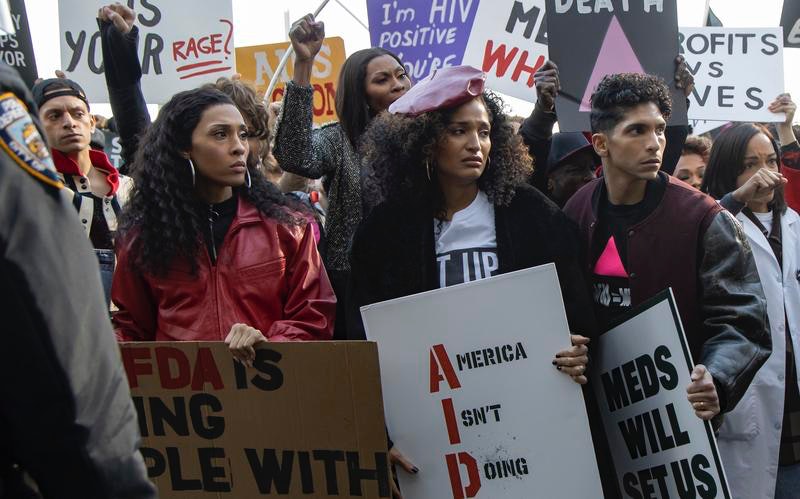
“Series Finale” (Season 4, Episode 7) from Pose, written by Ryan Murphy, Janet Mock, Brad Falchuk, Our Lady J, Steven Canals
Description (from ballot): When Blanca discovers an HIV clinical trial is denying access to people of color she joins ACT UP in an effort to get Pray Tell the medication.
It’s hard to stick the landing of a series finale. While season three of Pose was far from its best, the series finale did provide a satisfying conclusion for all of its characters. The relationship between Pray Tell (Billy Porter) and Blanca (MJ Rodriguez) is the beating heart of the show. Watching them do a triumphant final ball number was one of the high points of the entire series. Even in a very heavy episode, it was cathartic and emotional to watch these characters feel joy with no strings attached. Pray Tell’s selfless act and subsequent death was properly emotional. It only underscores Blanca’s arc as a mother and protector even further. These character beats make it a satisfying ending.
Pose has never been subtle, particularly in its dialogue. The series finale is no exception. Take for an example a spoof of Sex and the City that features bald critiques of the show that feel out of place and distinctly from 2021. These moments immediately take the viewer out of the period setting and the world, instead placing us into the “writer’s room” where a point is trying to be made. When the show concentrates on the characters, it works really well. Yet, the two hour finale also shoehorns in other moments that feel false or out of place in the time period and take away from the potency of the conclusion.
The Emmys will often reward series finales in this category, even if the show wasn’t properly rewarded leading up to the final season. Friday Night Lights and The Americans are two recent examples of this. Pose performed well with the Emmys in season one, but fell out of most major categories in season two. While it has returned with nominations in all the major categories (Series, Directing, Writing, Actor, Actress), the jury is still out on how universally beloved Pose is. This is the best shot for Pose to win an Emmy this year, and it just might triumph.
Predictions
-
"Series Finale" - Pose
-
“War” - The Crown
-
"Chapter 13: The Jedi" - The Mandalorian
-
“Home” - The Handmaid’s Tale
-
“Sundown” - Lovecraft Country
-
“Chapter 16: The Rescue” - The Mandalorian
-
“What I Know” - The Boys
Personal Ranking
-
"Sundown" - Lovecraft Country
-
"War" - The Crown
-
“Home” - The Handmaid’s Tale
-
“What I Know” - The Boys
-
“Chapter 13: The Jedi” - The Mandalorian
-
“Series Finale” - Pose
-
“Chapter 16: The Rescue” - The Mandalorian
Who do you think will win Outstanding Writing in a Drama Series? Who would you vote for?